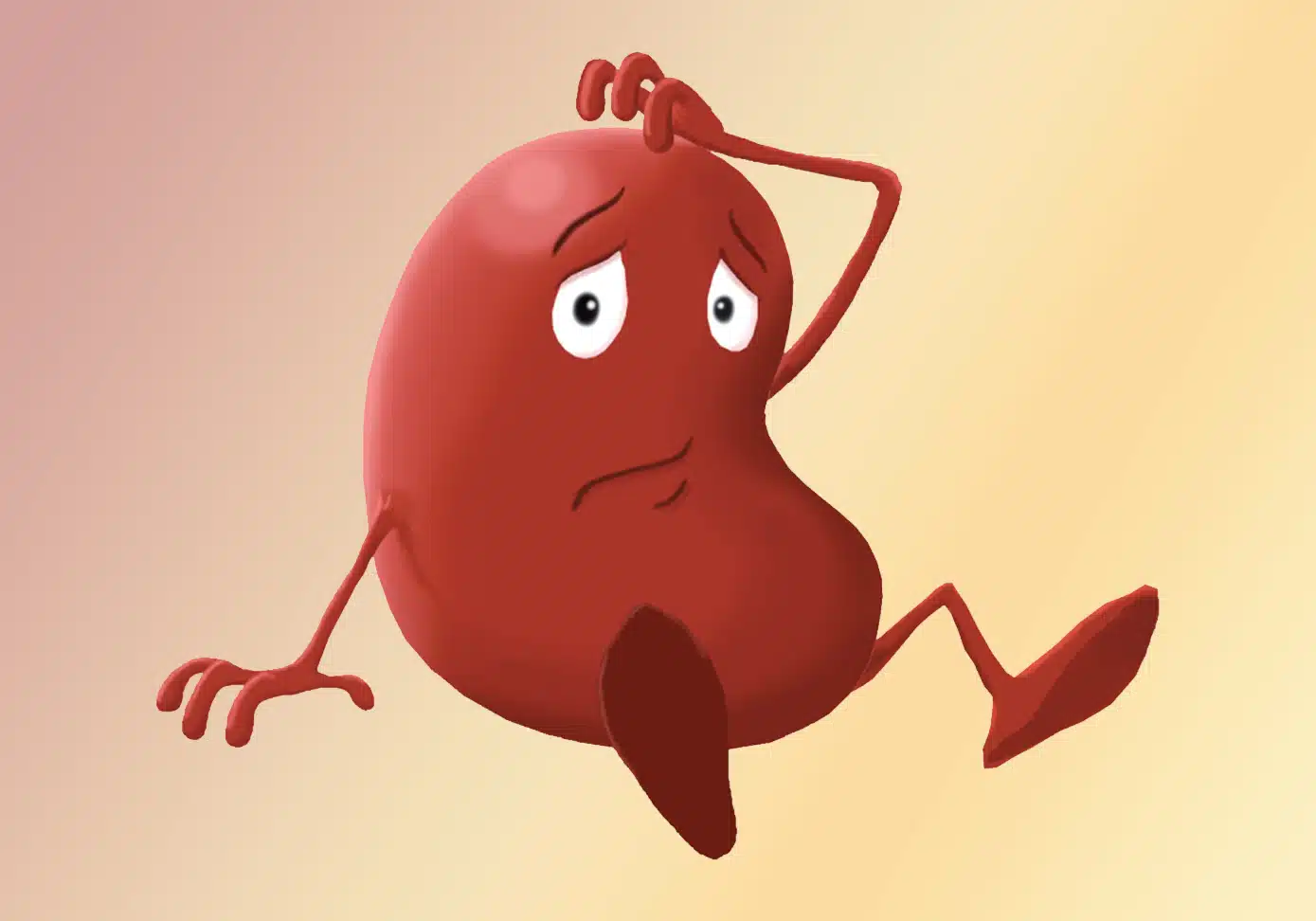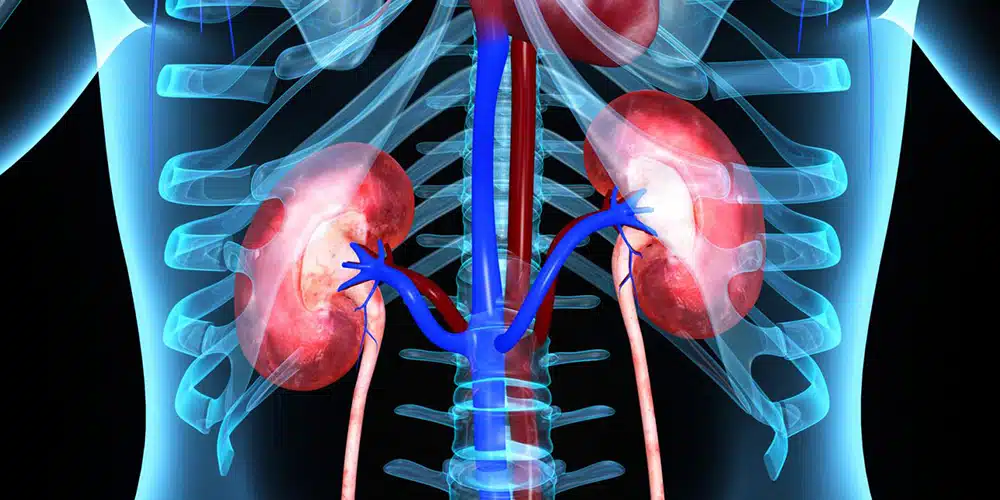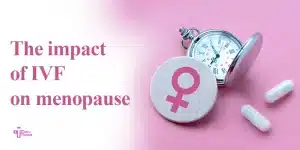Diet
After a renal transplant, you still need to eat low fat and low salt food to prevent high blood pressure. You need to watch your blood sugar as well if you have diabetes. It is good to have a dietician to help you plan a kidney trannsplant diet, which is suitable for your new kidney. Staying hydrated is another important way of keeping your kidney healthy. Drinking enough water helps reduce the infection and kidney stones risks, and also filters your blood by removing the waste materials from it. Try to keep a bottle of water with you to remind you to drink water all day.
Exercise
After recovering from the surgery, you may be able to start an exercise routine. Exercise can enhance your heart and lung health and keep you fit. It also improves your mood and mental health. It is recommended to avoid contact sports like soccer, wrestling, and rugby to prevent any possible damage to your transplanted kidney. However, if you are into these kinds of sports, you might use a padded vest to lessen the probable damage to your body.
Immunosuppressant medicines
After a kidney transplant, your immune system recognizes the transplanted organ as foreign tissue and tries to reject it. In order to prevent rejection, you need to take immunosuppressant or anti-rejection medicines to weaken your immune system to stop attacking your kidney. You should take your medications exactly as your doctor prescribed. Once you remember that you missed a dose, take your medicine immediately and call your doctor. Yet, anti-rejection medicine may have some side effects. One of the major risks is infection. When you take immunosuppressant medicines, you are at more risk of getting an infection. Another side effect of anti-rejection drugs is an upset stomach. If you are experiencing any of these side effects, talk with your doctor because your doctor may be able to change the dosage or switch to a different medicine. Nevertheless, do not make any changes to your medicines unless your doctor prescribes them.
Psychological health
Despite all the benefits of a kidney transplant, it may cause different kinds of emotions in you. You may have mood changes as a side effect of anti-rejection medicines. You may feel nervous about your new lifestyle or feel guilty about getting a kidney from a living or deceased donor. You should use the help of your family and friends to deal with your feelings and adjust to your new medication. Let your transplant team know about your feelings to help you or change your medication if it is necessary.
Kidney rejection

Although renal transplants are often successful, there are some cases that the patient’s immune system rejects the kidney. For reducing the chance of rejection, your doctor orders immunosuppressant medicines, but there is still a risk for rejection. Two types of rejection are acute rejection and chronic rejection.
- Acute rejection often happens quickly within three to six months. Many people have signs of kidney transplant rejection, which shows their immune system is fighting with the new-transplanted organ. However, less than 5 percent of kidney patients experience complete failure and acute rejection.
- Chronic rejection occurs during the years slowly until it fails completely. This kind of rejection happens more often.
If you experience a rejection incident, it is not equal to losing your kidney. Your kidney rejection can be prevented by changing the medications or their dosage.
Returning to work
It is recommended to wait for 3-6 months after the transplant and start your work after that. You should not lift heavy objects (more than 10 pounds) for a while. You have to consult with your transplant team about your job difficulty and the time that is needed for the recovery.
Traveling
After going through the recovery time, you feel better and may want to go on a trip. Your transplant team may advise you 3-month interval before you have a major trip. Consult with your doctor about what you should consider before going on a trip. Get enough anti-rejection medicine to make it through the whole trip.
Driving
In the early days of the transplant due to some of the medicines that you have to take, you may have tremors and blurred vision. Therefore, driving can be started 2-4 weeks after the transplant.
Sexual relationship and pregnancy
After the transplant, you may be asked not to have intercourse for 4-6 weeks or until your surgery wound is healed. Women may experience more regular cycles that can help them get pregnant more easily. Your doctor may recommend you to use birth control and not get pregnant for at least one year.
Routine self-examination
It is more common to develop certain cancers after taking immunosuppressive medications. It is recommended to have monthly breast and testicular self-examination in addition to annual check-ups such as PAP smears, testicular exams, breast exams and skin cancer screening.
Vaccinations
After one year passed from your kidney transplant, annual flu injections are recommended. If you need other vaccinations, you should only receive ‘dead vaccines’, not the vaccines with ‘live virus’. You should avoid people with infectious diseases and children who recently were vaccinated by receiving for instance polio vaccine.
Smoking
It is highly recommended to quit smoking after having a kidney transplant because it damages the lungs and puts you in danger of lung infections. Smoking also increases the risk of cancer development especially lung cancer. It destroys red blood cells and narrows your vessels. Smoking also increases your stomach acid that delays healing. Smoking is harmful in general, but it is worse for those who use immunosuppressive medications.













